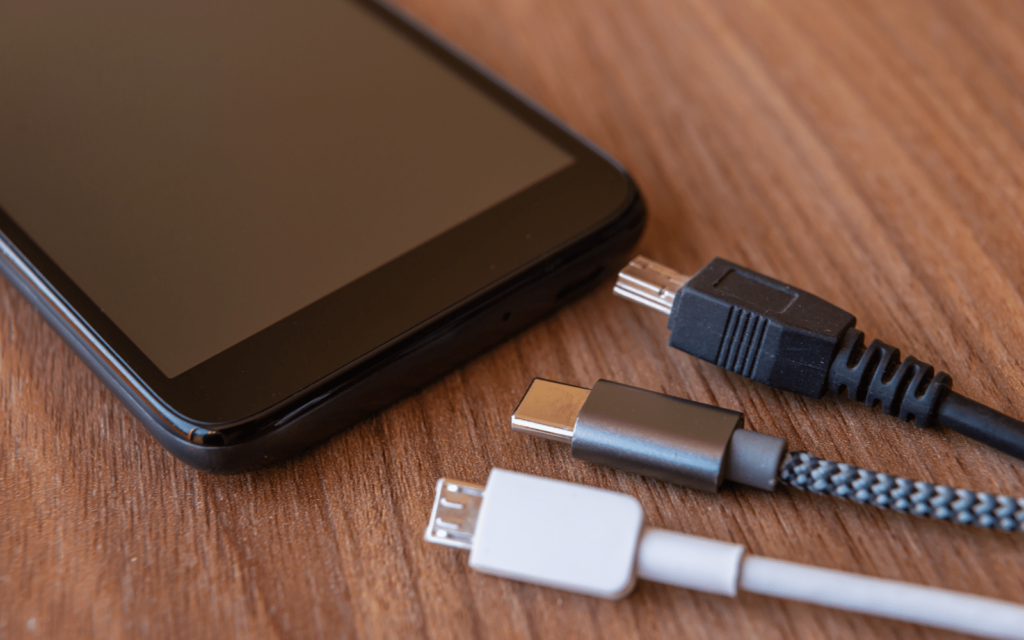European parliament has finally ruled that USB-C will be the universal charging standard for consumer electronics going forward. The reasoning behind this decision is to reduce the e-waste created by needing a new charger and cable every time you purchase a new device.
While this change is specific to European countries, the effects will probably be felt globally. It wouldn’t really make sense for Apple, for example, to manufacturer two slightly different iPhone models. But that isn’t to say that it won’t, if it’s in their best interest.
Laptop and camera manufacturers could see the biggest changes
Most of the big Android phone companies have been omitting chargers and cables from their handset boxes for a few years already. That’s partly because they already use USB-C ports and chargers. And also so they can charge you more for less stuff. Now, at least your future phone will be slightly compatible with your current charger, unless you have an iPhone.
The European parliament wrote in a press release, “Under the new rules, consumers will no longer need a different charging device and cable every time they purchase a new device, and can use one charger for all of their small and medium-sized portable electronic devices.”
Read More: 2023 might be the year when Apple finally drops Lightning in favour of USB-C
Manufacturers of small electronic devices, which include but are not limited to, “tablets, e-readers, earbuds, digital cameras, headphones and headsets, handheld video game consoles and portable speakers” will have until 2024 to implement the change. Laptop manufacturers will also have to ensure they meet the new EU standards. Although in that case there’s more of a chance that the change might miss us here in SA. Some manufacturers could opt for European-specific laptop models instead of region-specific chargers.
We’re cautiously optimistic that this law will reduce the need to carry five different charging cables with you. But there’s the strong possibility that companies will still find a way to screw over the consumer in trying to regain those USB licence fees.
Source: Engadget




